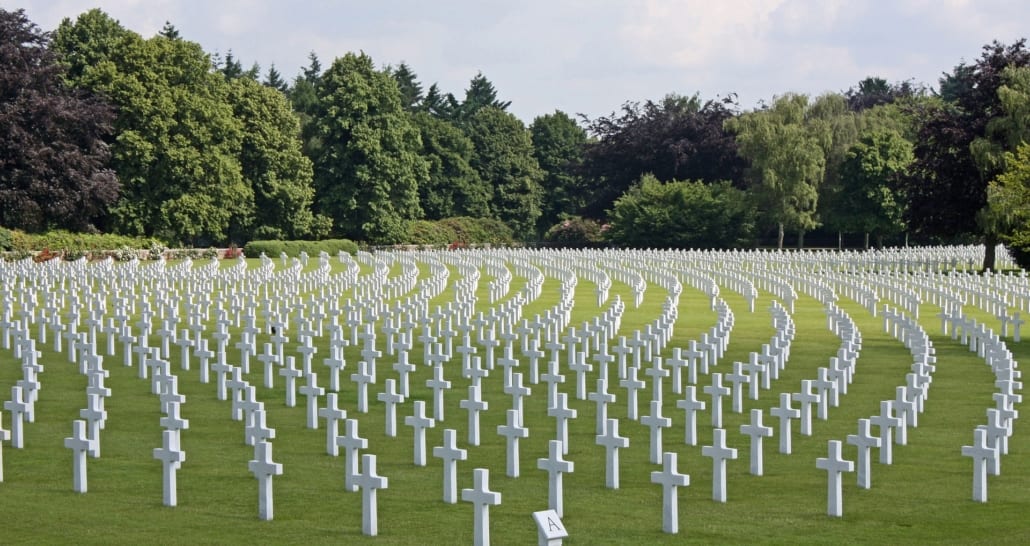Reflections of a Military Chaplain in COVID-19 Duties
By Dr. Page Brooks
I received a call that Mr. Norman had passed away. Mr. Norman was a Marine Corps veteran, Purple Heart recipient, and had fought on Iwo Jima during World War II. He was 96 years old and passed away of COVID-19 complications in his nursing home. The problem was that because of COVID-19, no honor guard was going to be available to honor him at his funeral.
I have served for over 18 years as a chaplain in the Louisiana National Guard. I enjoy chaplaincy ministry because it is one of the ways I am able to get outside of the four walls of the church and do ministry in the community. Chaplaincy ministry is primarily based upon what is called “ministry of presence.” The phrase means that our ministry is primarily relational. We might go around and visit at a location or an institution where we serve as a chaplain and simply build relationships. In such a way, when something happens in their life, hopefully there is an open door for them to come to us for help.
As chaplains, we serve as a reminder of God’s love and presence to people during times of victory and trials. We are there to celebrate with them when things are going well, but also to be a presence when hard times come. Sometimes simply being present in a hospital room, saying nothing at all, but being a gentle reminder of God’s presence, can be just as powerful.
Chaplains are often able to go and do ministry where others are usually not. This is especially true in ministry contexts like the military. I have had wonderful adventures while serving in the Army National Guard but also walked through some very trying times with soldiers. I rode with “my guys” in convoy operations in Iraq. I have waded in water that was waste deep to pile sand bangs on levees during hurricanes in Louisiana. I sweated with them going through tactical operations in the woods. And I have provided comfort when we lost soldiers to suicide.
Most recently, during COVID-19, I have walked with my soldiers providing care to sick patients in the New Orleans Convention Center. My duties have involved making site visits to soldiers at the testing sites where members of the community may come to be tested. Some soldiers are packaging meals at area food banks to ensure individuals and families have food. I will usually provide a “word of the day” that I can share in about 45 seconds when soldiers gather around to be quickly encouraged. But I also conduct worship services on the weekend because soldiers, most of the time, are not able to go home. Sermons usually involve sharing a word of hope during long hours of duty, helping to provide a sense to them that in small ways they are making a difference in the community.
My chaplaincy ministry has taught me a great deal in the civilian pastorate as well. Chaplaincy has taught me to see my community as my “parish” just as I might see an institution as my “place of ministry” in chaplaincy. Chaplaincy has taught me to be quiet and listen when often, as a preacher, I just want to talk. I have learned that ministry by presence and action is just as important as ministry through words and preaching.
Serving at the funeral of Mr. Norman was an honor and privilege. I also play the bagpipes and have played Amazing Grace more times than I can remember. So, my way of honoring Mr. Norman was to show up in military uniform, play Amazing Grace on the bagpipes, and render the salute he was due when no one else was able to do it. But that action sums up what chaplaincy is all about. We are there to minister in the toughest of situations, providing a reminder of God’s love and comfort.
Mr. Norman, as a Purple Heart recipient and Iwo Jima veteran, deserved to be honored. But in this situation, the honor was all mine.







Share this entry